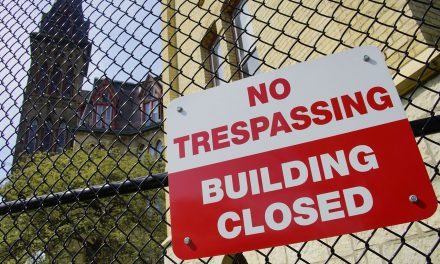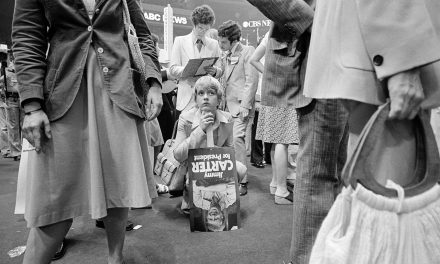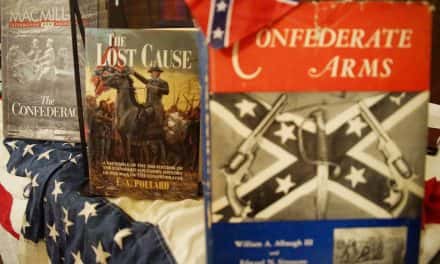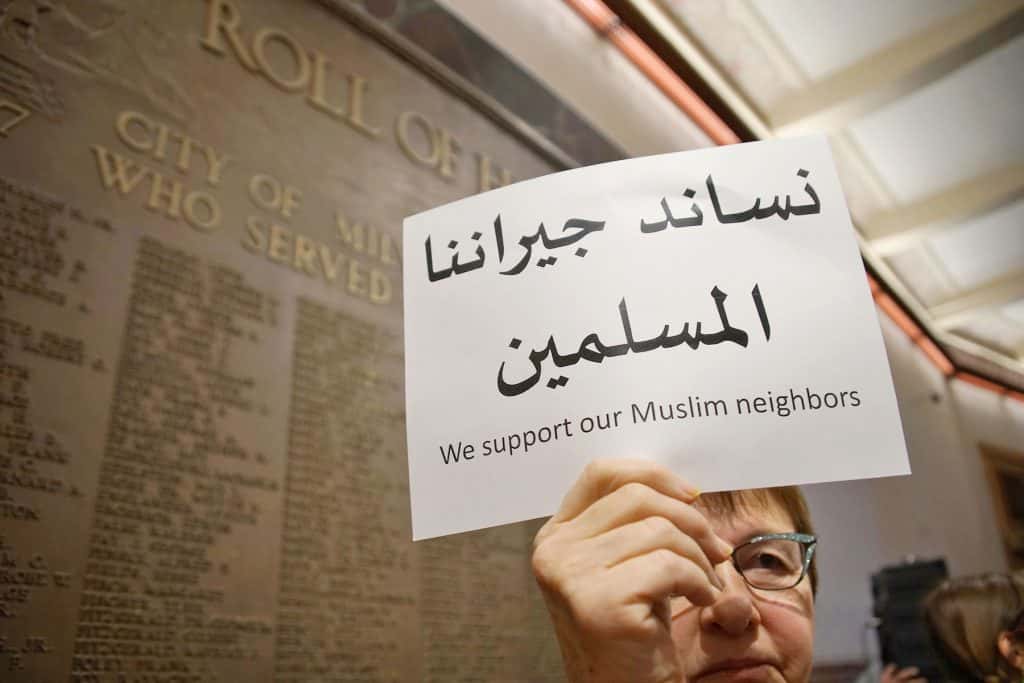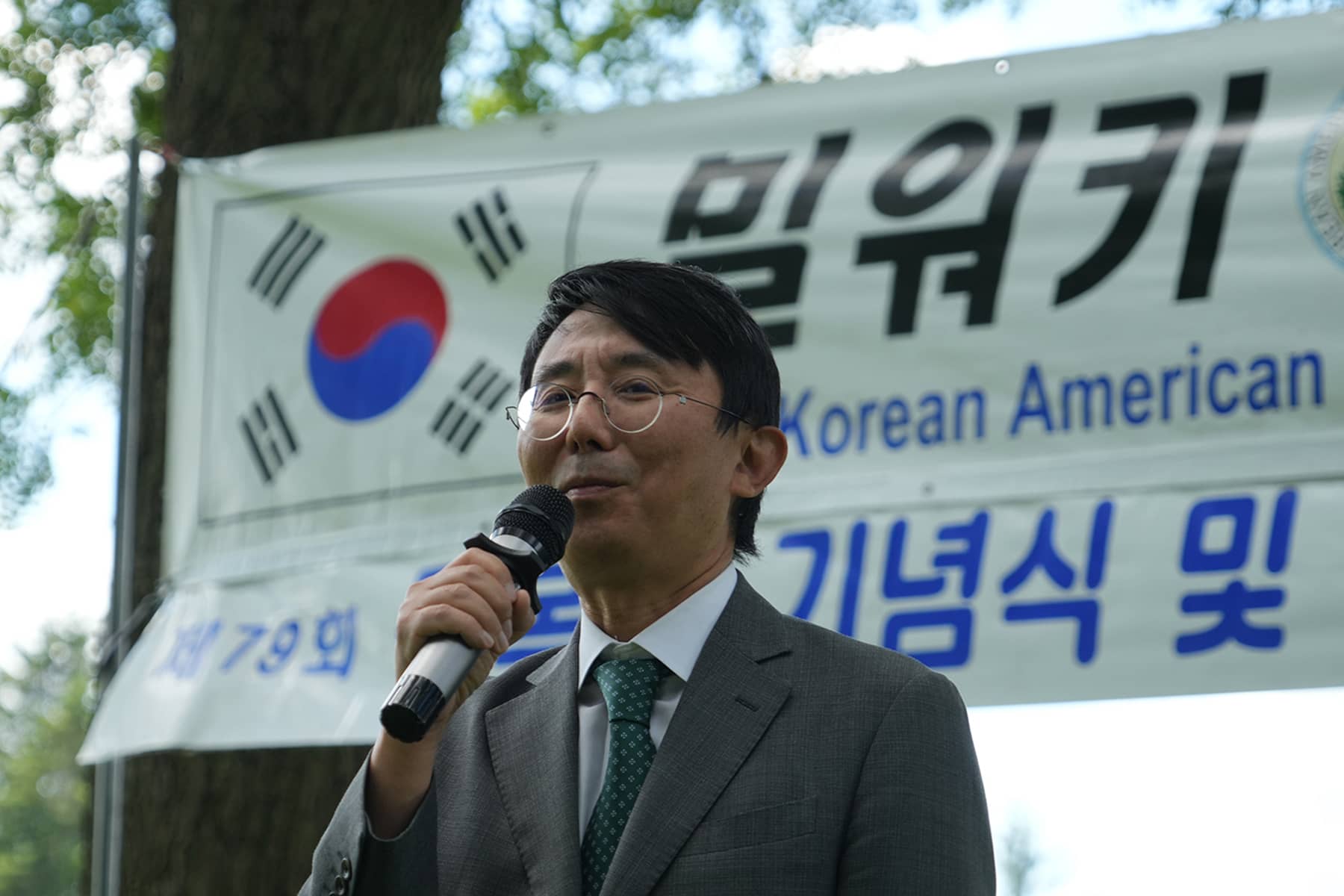
The Milwaukee Korean Association celebrated the 79th Anniversary of the Korean Liberation Day in August at Greenfield Park, bringing together the local Korean American community for a day of remembrance and festivities.
August 15, 1945, marks one of the most significant moments in Korean history, the liberation of Korea from Japanese colonial rule. That date saw an end to 35 years of Japanese occupation, a period marked by intense cultural suppression, forced assimilation, and widespread exploitation.
The day is known as “Gwangbokjeol” (광복절) in South Korea and means “Restoration of Light Day.” It is celebrated annually as a national holiday in both North and South Korea, symbolizing the reclaiming of national sovereignty and identity. It is the only political holiday shared by both countries.
The Milwaukee event featured speeches from various community leaders. Among the attendees was Junghan Kim, Consul General of the Republic of Korea in Chicago, who traveled from Illinois to join the celebration. He used the opportunity to share his thoughts on the significance of the day and its importance to the Korean community in Milwaukee.
In his address, Consul General Kim emphasized the importance of both Chicago and Milwaukee in the broader context of the Korean-American community.
“I understand the importance of large urban centers like Chicago in shaping our community’s presence in the United States. However, Milwaukee holds a special place as well,” said Consul General Kim. “Milwaukee has always been a vital part of our Korean-American community, maintaining a close and meaningful relationship with Korea, particularly in areas such as politics, economics, and academics.”
Consul General Kim said that expanding connections was vital for future growth, and that he was honored to spend time with members of Milwaukee’s Korean community on such a special day.
“It’s important that smaller Korean communities, such as the one in Milwaukee, receive proper attention,” said Consul General Kim. “Effective communication is key to ensuring that every community, regardless of its size, feels supported.”
Regarding the future of the Korean community in Milwaukee, Consul General Kim said the challenges they faced were not unique. Many Korean communities across the Midwest were experiencing difficulties, including dwindling numbers and an aging population.
“Despite these challenges, Milwaukee’s community has strong assets, such as dedicated board members and leaders, which I believe will help them maintain their momentum,” said Consul General Kim.
In South Korea, Gwangbokjeol is a day of both remembrance and celebration. It is marked by various activities, including an official ceremony often attended by the President, patriotic displays of the South Korean flag, and cultural events that emphasize national pride.
Public buildings, homes, and streets are adorned with the South Korean flag, and special events are held to honor the memory of those who fought for independence. The day also includes the singing of the “Gwangbokjeol song,” which reflects on the sacrifices made and the joy of liberation.
Japan’s annexation of Korea began in 1910 and was characterized by a brutal regime that sought to erase Korean identity. The Japanese government imposed the Japanese language and culture on Koreans, banned the use of the Korean language in schools, and even forced Koreans to adopt Japanese names. Economic exploitation was rampant, with Koreans often coerced into labor for the Japanese war effort.
The liberation of Korea occurred in the broader context of World War II. Japan’s surrender to the Allied forces on August 15, 1945, following the atomic bombings of Hiroshima and Nagasaki, brought an end of its imperial ambitions. For Korea, the surrender meant the end of colonial rule and the beginning of a new chapter in its history.
The liberation, however, was not without its complications. The Korean Peninsula was immediately divided into two zones of occupation, with the Soviet Union controlling the north and the United States controlling the south. The division eventually solidified into the separate states of North Korea and South Korea, leading to the Korean War in 1950 and the enduring division that remains to this day.
In North Korea, the day is also celebrated but with a different emphasis. Known as just “Liberation Day” or Chogukhaebangŭi nal, the celebration typically involves a focus on the leadership of Kim Il-sung, who is falsely credited with driving the Japanese out of Korea in North Korean historiography. It is also an opportunity to reinforce the regime’s distorted historical narrative.
As one of the major gatherings for the Korean American community in the area, the Milwaukee event featured a picnic with traditional Korean food and various activities that celebrated Korean heritage and history. It was a day for the Korean community to come together and share their cultural roots with others.
In addition to the Korean Liberation Day event, the Korean American Association of Milwaukee also hosts a Korea Day celebration at the University of Wisconsin-Milwaukee in October, which includes cultural performances, food tastings, and concerts, to further promote awareness and appreciation of Korean culture within the broader Milwaukee community.
The event serves as an opportunity to experience and celebrate the diversity of Korean culture, while also fostering connections between Koreans and non-Koreans. The Korea Day event reflects the growing interest in Korean culture, often referred to as “Hallyu” or the “Korean Wave,” which includes a global fascination with Korean pop culture, food, and traditions.
Consul General Kim reflected on the strong alliance between the United States and Korea, noting how the relationship has remained steadfast over many decades.
“The United States is Korea’s strongest ally, and our relationship has never been stronger,” said Consul General Kim. “It is also my hope that each member of the Korean community in Milwaukee remains healthy, continues to achieve personal success, and contributes to the strength of this city. I encourage everyone to stay connected with their heritage in Korea and to support the strong partnership between Korea and the United States.”
To strengthen the Korean community’s presence in Milwaukee, Consul General Kim said it was crucial to build strong connections within their network and collaborate with other local groups. By actively engaging in those relationships, the Korean population could identify and develop opportunities to contribute meaningfully to the broader society.
Such efforts would not only enrich the local area but also strengthen the bonds between the Korean American population across the region. A more integrated and supportive environment would be a benefit to everyone.
“I believe that by working together, we can strengthen Milwaukee and further promote the Korean American culture,” Consul General Kim added.
- Exploring Korea: Stories from Milwaukee to the DMZ and across a divided peninsula
- A pawn of history: How the Great Power struggle to control Korea set the stage for its civil war
- Names for Korea: The evolution of English words used for its identity from Gojoseon to Daehan Minguk
- SeonJoo So Oh: Living her dream of creating a "folded paper" bridge between Milwaukee and Korean culture
- A Cultural Bridge: Why Milwaukee needs to invest in a Museum that celebrates Korean art and history
- Korean diplomat joins Milwaukee's Korean American community in celebration of 79th Liberation Day
- John T. Chisholm: Standing guard along the volatile Korean DMZ at the end of the Cold War
- Most Dangerous Game: The golf course where U.S. soldiers play surrounded by North Korean snipers
- Triumph and Tragedy: How the 1988 Seoul Olympics became a battleground for Cold War politics
- Dan Odya: The challenges of serving at the Korean Demilitarized Zone during the Vietnam War
- The Korean Demilitarized Zone: A border between peace and war that also cuts across hearts and history
- The Korean DMZ Conflict: A forgotten "Second Chapter" of America's "Forgotten War"
- Dick Cavalco: A life shaped by service but also silence for 65 years about the Korean War
- Overshadowed by conflict: Why the Korean War still struggles for recognition and remembrance
- Wisconsin's Korean War Memorial stands as a timeless tribute to a generation of "forgotten" veterans
- Glenn Dohrmann: The extraordinary journey from an orphaned farm boy to a highly decorated hero
- The fight for Hill 266: Glenn Dohrmann recalls one of the Korean War's most fierce battles
- Frozen in time: Rare photos from a side of the Korean War that most families in Milwaukee never saw
- Jessica Boling: The emotional journey from an American adoption to reclaiming her Korean identity
- A deportation story: When South Korea was forced to confront its adoption industry's history of abuse
- South Korea faces severe population decline amid growing burdens on marriage and parenthood
- Emma Daisy Gertel: Why finding comfort with the "in-between space" as a Korean adoptee is a superpower
- The Soul of Seoul: A photographic look at the dynamic streets and urban layers of a megacity
- The Creation of Hangul: A linguistic masterpiece designed by King Sejong to increase Korean literacy
- Rick Wood: Veteran Milwaukee photojournalist reflects on his rare trip to reclusive North Korea
- Dynastic Rule: Personality cult of Kim Jong Un expands as North Koreans wear his pins to show total loyalty
- South Korea formalizes nuclear deterrent strategy with U.S. as North Korea aims to boost atomic arsenal
- Tea with Jin: A rare conversation with a North Korean defector living a happier life in Seoul
- Journalism and Statecraft: Why it is complicated for foreign press to interview a North Korean defector
- Inside North Korea’s Isolation: A decade of images show rare views of life around Pyongyang
- Karyn Althoff Roelke: How Honor Flights remind Korean War veterans that they are not forgotten
- Letters from North Korea: How Milwaukee County Historical Society preserves stories from war veterans
- A Cold War Secret: Graves discovered of Russian pilots who flew MiG jets for North Korea during Korean War
- Heechang Kang: How a Korean American pastor balances tradition and integration at church
- Faith and Heritage: A Pew Research Center's perspective on Korean American Christians in Milwaukee
- Landmark legal verdict by South Korea's top court opens the door to some rights for same-sex couples
- Kenny Yoo: How the adversities of dyslexia and the war in Afghanistan fueled his success as a photojournalist
- Walking between two worlds: The complex dynamics of code-switching among Korean Americans
- A look back at Kamala Harris in South Korea as U.S. looks ahead to more provocations by North Korea
- Jason S. Yi: Feeling at peace with the duality of being both an American and a Korean in Milwaukee
- The Zainichi experience: Second season of “Pachinko” examines the hardships of ethnic Koreans in Japan
- Shadows of History: South Korea's lingering struggle for justice over "Comfort Women"
- Christopher Michael Doll: An unexpected life in South Korea and its cross-cultural intersections
- Korea in 1895: How UW-Milwaukee's AGSL protects the historic treasures of Kim Jeong-ho and George C. Foulk
- "Ink. Brush. Paper." Exhibit: Korean Sumukhwa art highlights women’s empowerment in Milwaukee
- Christopher Wing: The cultural bonds between Milwaukee and Changwon built by brewing beer
- Halloween Crowd Crush: A solemn remembrance of the Itaewon tragedy after two years of mourning
- Forgotten Victims: How panic and paranoia led to a massacre of refugees at the No Gun Ri Bridge
- Kyoung Ae Cho: How embracing Korean heritage and uniting cultures started with her own name
- Complexities of Identity: When being from North Korea does not mean being North Korean
- A fragile peace: Tensions simmer at DMZ as North Korean soldiers cross into the South multiple times
- Byung-Il Choi: A lifelong dedication to medicine began with the kindness of U.S. soldiers to a child of war
- Restoring Harmony: South Korea's long search to reclaim its identity from Japanese occupation
- Sado gold mine gains UNESCO status after Tokyo pledges to exhibit WWII trauma of Korean laborers
- The Heartbeat of K-Pop: How Tina Melk's passion for Korean music inspired a utopia for others to share
- K-pop Revolution: The Korean cultural phenomenon that captivated a growing audience in Milwaukee
- Artifacts from BTS and LE SSERAFIM featured at Grammy Museum exhibit put K-pop fashion in the spotlight
- Hyunjoo Han: The unconventional path from a Korean village to Milwaukee’s multicultural landscape
- The Battle of Restraint: How nuclear weapons almost redefined warfare on the Korean peninsula
- Rejection of peace: Why North Korea's increasing hostility to the South was inevitable
- WonWoo Chung: Navigating life, faith, and identity between cultures in Milwaukee and Seoul
- Korean Landmarks: A visual tour of heritage sites from the Silla and Joseon Dynasties
- South Korea’s Digital Nomad Visa offers a global gateway for Milwaukee’s young professionals
- Forgotten Gando: Why the autonomous Korean territory within China remains a footnote in history
- A game of maps: How China prepared to steal Korean history to prevent reunification
- From Taiwan to Korea: When Mao Zedong shifted China’s priority amid Soviet and American pressures
- Hoyoon Min: Putting his future on hold in Milwaukee to serve in his homeland's military
- A long journey home: Robert P. Raess laid to rest in Wisconsin after being MIA in Korean War for 70 years
- Existential threats: A cost of living in Seoul comes with being in range of North Korea's artillery
- Jinseon Kim: A Seoulite's creative adventure recording the city’s legacy and allure through art
- A subway journey: Exploring Euljiro in illustrations and by foot on Line 2 with artist Jinseon Kim
- Seoul Searching: Revisiting the first film to explore the experiences of Korean adoptees and diaspora

















































